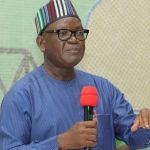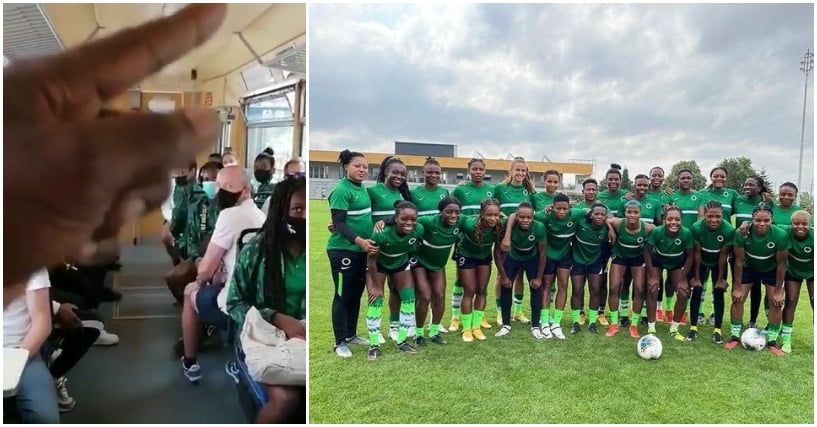The pan-Yoruba socio-political organisation, Afenifere, has said the southern part of the country deserves attention and a share of the N250bn to be borrowed from the World Bank by the Federal Government to solve environmental degradation in the 19 northern states and the Federal Capital Territory.
The organisation said in a statement on Thursday by its National Publicity Secretary, Jare Ajayi, “When we talk of environmental degradation, it is a known fact that a lot of places, particularly in the South-East and the South-South, have been rendered almost useless by incessant erosion. Such places equally deserve similar attention.
“Reports have quoted the Coordinator of Nigeria Erosion and Watershed Management Project, Salisu Dahiru, as saying that the project for which the said loan was being sought, was to address the issue and challenges of environmental degradation in terms of deforestation, erosion, storm water management and meeting the needs of the people in terms of food production.”
The Afenifere spokesman maintained that all the points raised to justify the project equally applied to the South.
He stated, “Other than desertification that is greater in the North and leading to poor water storage, all other issues mentioned equally apply to the South.
“There, however, is no doubt that the activities of bandits and terrorists are far more responsible for the inadequate food production in the North and even in the South-western part of the country in recent times. This means that if terrorism is not brought to an end, the loan committed to such a project in the North may just go down the drain as it may not achieve the announced reasons for obtaining it.
Beyond the issue of the propriety or non-proprietary of the said project, Ajayi insisted that the government should stop its tendency to go borrowing each time it thought of executing a project.
“Where do monies generated from local and other foreign sources go? What about several billions recovered from corrupt public officials as announced at various times by this administration? Apart from regular payment of salaries, where do these monies go?”
The Afenifere spokesman asserted that the questions were germane in view of the failure of the government to fulfil even the agreements it freely entered into, such as the ones with the Academic Staff Union of Universities, the Nigeria Labour Congress and the Trade Union Congress.
The group added, “We need to remember that most of the major projects being executed, especially in the transport sector, are being financed by loans. So, again, where are the monies being earned locally and from foreign transactions going into?
“These questions are warranted because of the suspicion that corruption is very much at play under this administration that taunted fighting corruption as one of its cardinal objectives of coming into power.”
Citing appointments being made by the regime of the President, Major General Muhammadu Buhari (retd.), Afenifere asked the Federal Government to explain why Mr Mohammed Koko, a northerner, was picked to succeed Ms Hadiza Usman and Mr Habib Abdullah, both of who are northerners, as the new managing director of the Nigerian Ports Authority.
It also asked the National Assembly to stop approving further loan requests for the regime.
Afenifere said despite the rising debt profile of the country, the people had become poorer, while infrastructure was inadequate and decrepit.
Ajayi warned the two arms of government against turning Nigeria into a perpetual debtor-nation.
Afenifere cited several cases of loans obtained by the Buhari regime and expressed dismay over the disclosure made by the Minister of Finance, Mrs Zainab Ahmed, and the Debt Management Office that as high as 74 per cent of the country’s earnings go into debt servicing.
It stated that the DMO, a Federal Government agency handling various debts of the government, disclosed that as of September 2021, the country’s public debt was N38.005tn and had not stopped rising.
Afenifere stated, “The Senate President, Ahmad Lawan, earlier vowed that the National Assembly would continue to approve loan requests made by President Buhari.
“But the quantum of debts incurred by this administration does not reflect in the quantity and quality of infrastructural development in the country.
“Neither is it reflecting in the living standard of Nigerians. As a matter of fact, it looks as if the more Nigeria is sinking into the debt dungeon, the more the standard of living goes down. It is apparent that the more money Nigeria earns along with money being obtained in the form of loans and grants, the more the welfare of Nigerians suffer.”
Copyright PUNCH.





2 Comments